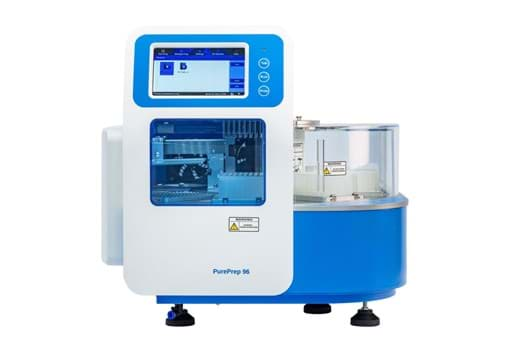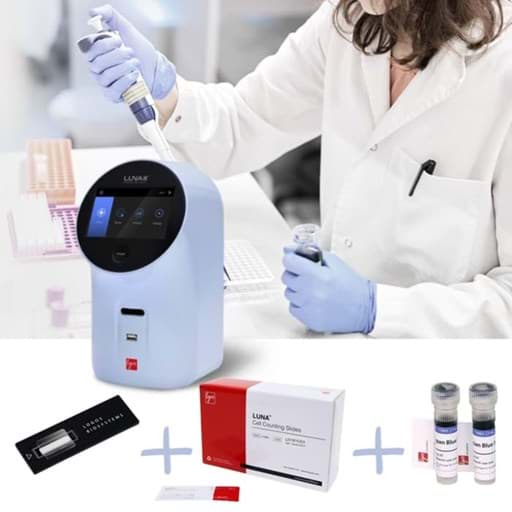How to improve your Neurodegenerative work

How to improve your neurodegenerative work
How can we improve our understanding, detection, and treatment of these neurodegenerative diseases?
Learn more about
In summary
- What are Neurodegenerative diseases?
-
Challenges in current neurodegenerative disease detection.
- Serum-based biomarkers as a solution.
- Our solutions: explore the serum based biomarkers.
What is neurodegeneration?
What are Neurodegenerative diseases?
Neurodegenerative diseases are aprogressive deterioration of neurons, mainly in the brain. The assembly of misfolded proteins and peptides such as βAmyloid, Tau, andα-synuclein causes the formation of plaques and lesions, resulting in brain damage. The formation of these plaques causes irreparable damageto the neuron and stimulates the formation of more misfolded proteins, inducing progressive deterioration. Ultimately, this damage causesphysical symptoms such as memory loss, cognitive impairment (Alzheimer's disease), resting tremors, and posture instability (Parkinson'sdisease). As the disease progresses, the patient's quality of life and independence reduces until they need 24-7 care.
Causes
Challenges in current neurodegenerative disease detection
The onset of Neurodegenerative diseases is slow and often unnoticed, as motor and cognitive impairments only become noticeable once the neurodegeneration has progressed considerably. A PET scan is a method by which the inclusions of β-Amyloid, Tau, and α-synuclein can
be visualized and is, therefore, a secure way to characterize the type and
progression of Neurodegenerative diseases. Alternatively, cerebrospinal fluid
(CSF) biomarkers can further distinguish and even predict disease onset and
progression. These techniques' high cost and invasive nature limit their
application and are restricted to highly specialized healthcare centers. These
difficulties restrict early detection, fundamental research, and drug
development.
Recognizing
Serum-based biomarkers as a solution
Early and accurate diagnosis of neurodegenerative diseases in clinical practice is a great need. This need goes beyond giving patients diagnostic and prognostic information about their disease. It also extends to optimizing treatment strategies, providing appropriate support and care, and allowing patients to join clinical trials. Most of the currently known biomarkers can act as predictive diagnostic tools. Recent studies have shown that these markers are not only accurate in CSF but also in blood plasma. Especially, phosphorylated Tau,β-Amyloid Aβ42/Aβ40 ratio, and α-synuclein have been proven to be reliable for the clinical determination of various Alzheimer's diseases.

Our advice in prevention
Our solutions: explore the serum based biomarkers.
Tau protein is often involved in neurodegenerative diseases and possesses strong correlative properties that help with disease development. Tau in serum has an identical correlation as CSF, so we recommend including a complete set of anti-Tau antibodies in your next experiment, such as phospho-Tau p181 (1E7), p231 (2B11), and the novel p50 (15E3) variant. A novel development in Tau antibodies is the Total Tau (7E5) and Brain-derived Tau (2B8), which work in serum and allow for new possibilities of analysis.You can avoid unwanted background and improve your quality of work with a simple change with the specifically developed anti-pathologicalα-synuclein Mab 5G4.
To complete the trio of biomarkers, use anti-βAmyloid 6D11 to cover all your needs.
While serum is an excellent input material for diagnostics, its complex mixture of proteins, nutrients, and other compounds can interfere with analysis. Use the Roboscreen NeuroIP Kit to enrich your AD biomarker assays and avoid background or unwanted cross-reactions.
Our news

Multi Tissue Center ETB-BISLIFE ready for further expansi...
We are pleased to share this article, which was published in the September issue of LabVision. This article was written in conjunction with our collaboration...

Innuscreen introduces PurePrep benchtop systems for autom...
Discover the PurePrep family for quick and effective DNA/RNA extraction.

Logos Biosystems launches sustainable cell counting package
This article discover eco-friendly solutions for cell counting

